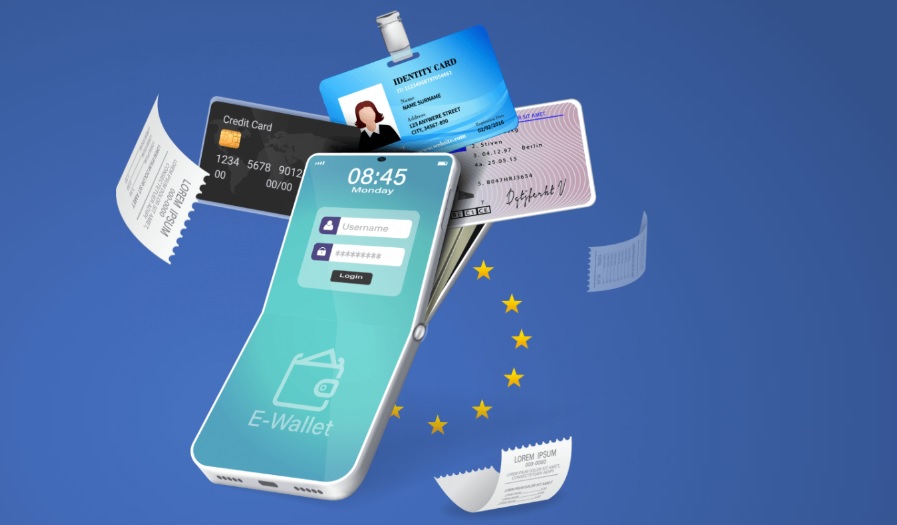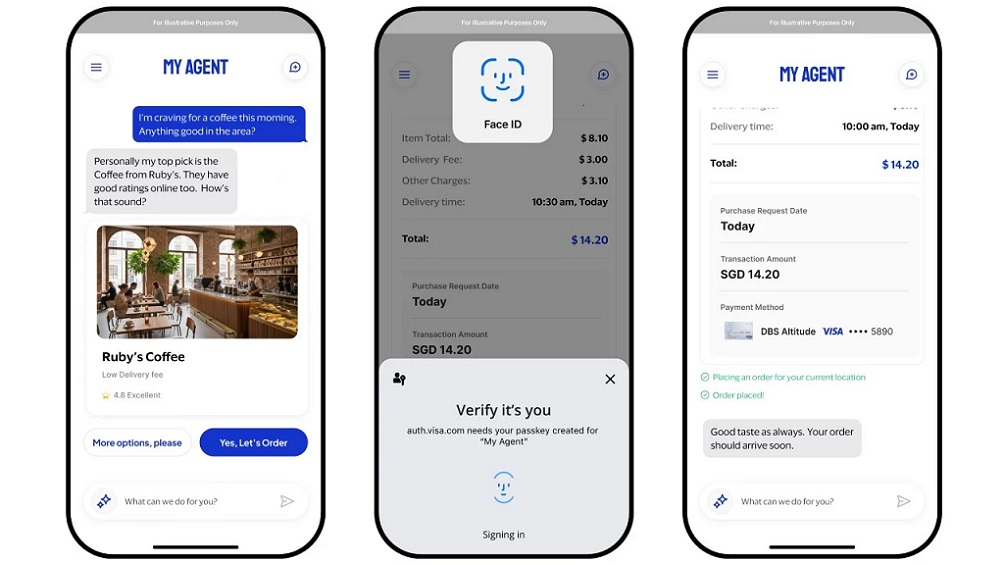The European Commission has adopted rules for the core functionalities and certification of the European Digital Identity Wallets

The European Digital Identity (EUDI) Regulation will revolutionise digital identity in the EU by enabling the creation of a universal, trustworthy, and secure European digital identity wallet.
Regulation (EU) 2024/1183 establishing the European Digital Identity Framework has entered into force. The framework mandates Member States to provide EU Digital Identity (eID) Wallets to citizens within 24 months of Implementing Acts adoption. The five Implementing Acts have been adopted on the 28th of November 2024, and lay down the rules for the core functionalities and certification of the eID Wallets. The Acts have been informed by requirements and specifications developed for the EU Digital Identity Toolbox and ensure uniform implementation of wallets across Europe.
Large-scale pilot projects are underway to test technical specifications and software prototypes for the EU Digital Identity Wallet across various sectors in multiple European countries. These pilots aim to assess the wallet’s usability in scenarios such as accessing government services, opening bank accounts, and facilitating secure online payments, with participation from private companies and public authorities across Member States, Norway, Iceland, and Ukraine.
From digital identification to digital Wallet
The new Regulation establishing a framework for a European Digital Identity builds on the 2014 Regulation on electronic identification and trust services for electronic transactions in the internal market (eIDAS Regulation).
Under the eIDAS regulation, EU Member States could, on a voluntary basis, notify national electronic identification schemes, which other Member States where then obliged to recognise. The recognition of notified electronic identification became mandatory in 2018. Yet, there was no requirement for Member States to develop a national electronic identification. Interoperability was achieved only by implementing a interoperability superstructure connecting the various identity systems, which was prone to technical problems. This has led to discrepancies between countries and prevented the extension to private digital services.
The new regulation addresses the shortcomings of eIDAS by improving the effectiveness of the current framework for digital Identity and extending its benefits to the private sector. Member States will be mandated to offer citizens and businesses digital wallets, which can link their national digital identities with proof of other personal attributes like driving licenses, diplomas, and bank accounts. These wallets may be issued either by public authorities or recognised private entities. The aim is to provide Europeans with full control over their data while accessing online services, eliminating unnecessary data sharing. Service providers legally obliged to identify their customers unequivocally will be obliged to accept the wallet for authentication.
The EU Digital Identity Wallets will build on national systems that already exist in some Member States. The new regulation establishes that digital identities will continue to be provided by Member States. The European Digital Identity Wallet builds on this basis, expanding the functionalities and usability of national eIDs and ensuring mutual recognition of national wallets by the other member states.
It will also promote a harmonized security approach, facilitating widespread acceptance of digital identities throughout the EU. This approach will be the cornerstone of the regulation, granting both citizens and online service providers with a common technical architecture, reference framework, and standards. This harmonization ensures the recognition and acceptance of digital identity solutions throughout the EU, fostering trust and interoperability.
Aligned with existing cybersecurity legislation, the regulation mandates compliance with cybersecurity requirements, bolstering confidence in digital identity solutions. Additionally, it enables the issuance of electronic attestations by public bodies, promoting the pan-European recognition of credentials in electronic form while prioritizing data privacy.
Beyond mere identification, the regulation will expand the scope of trust services to include recording of electronic data in an electronic ledger, the management of remote electronic signature and the creation devices or remote electronic seal creation devices.
The European Digital Identity Cooperation Group supports the implementation of the EUDI Regulation, provides guidance to the Commission, and engages with the Commission and other relevant stakeholders to develop a common Union Toolbox.
Dariusz Mazurkiewicz – CEO at BLIK Polish Payment Standard
Banking 4.0 – „how was the experience for you”
„To be honest I think that Sinaia, your conference, is much better then Davos.”
Many more interesting quotes in the video below:









